Lebanon parliament elects Aoun as president, ending two years of deadlock
Lebanese lawmakers have elected army chief Joseph Aoun as Lebanon’s new president, putting an end to a two-year-long political deadlock in the crises-hit Arab country.
Legislators on Thursday chose Aoun after two rounds of voting in the 128-member parliament of the small Mediterranean country, which has been without a president since the end of the tenure of former president Michel Aoun, who is not associated with the newly-elected president, in October 2022.
Hezbollah had previously supported Suleiman Frangieh, the leader of a small Christian party in northern Lebanon, as its preferred candidate.
However, Frangieh announced his withdrawal from the race on Wednesday and threw his support behind Aoun, seemingly paving the way for the army commander.
Aoun secured 99 out of 128 votes in Lebanon's deeply divided parliament, with support from across the political spectrum, including Hezbollah legislators and their rivals. His election ended a prolonged leadership vacuum that had stalled key reforms and heightened fears of a broader collapse amid the nation's multiple crises.
Following his election as president on Thursday, Aoun, who had served as the 14th commander of the Lebanese armed forces since 2017, formally stepped down from his military role. He entered parliament to take the oath of office dressed in civilian attire.
Aoun will need to oversee the implementation of the ceasefire between Israel and Lebanon while also establishing a new government capable of addressing post-war reconstruction.
In November, the World Bank provided a preliminary assessment estimating the Israeli war's physical damage and economic losses at $8.5 billion.
Before Thursday's parliamentary sessions, 12 attempts to elect a president had failed over the past two years.
Since October 2022, the small Mediterranean country has been functioning without a formal government, which has worsened a financial crisis that prompted Lebanon to default on $30 billion in Eurobond debt some five years ago.
Lebanon’s divided sectarian power-sharing system is often susceptible to deadlock due to both political and procedural challenges.
The country, which is currently struggling with its crises, has experienced multiple prolonged presidential vacancies, including the longest one, which lasted nearly two and a half years from May 2014 to October 2016, ending with the election of former President Aoun.
Pezeshkian: Iranians have taken to streets to defend country
Netanyahu pushing to turn US into ‘slave state for Israel’s expansionist dreams’: Analyst
Iran’s security chief meets with Yemen's Ansarullah official in Oman
Mass shootings at school, home in Canada leave 10 dead, including shooter
Millions in streets across Iran for Islamic Revolution anniversary marches
#IR47: How Iran’s martyred commanders found faith, purpose and mission in Islamic Revolution
#IR47: Long walk to freedom - Imam Khomeini and the Iranian nation’s epoch-making moment
VIDEO | Tehran conference examines Islamic Revolution’s enduring role in shaping global resistance


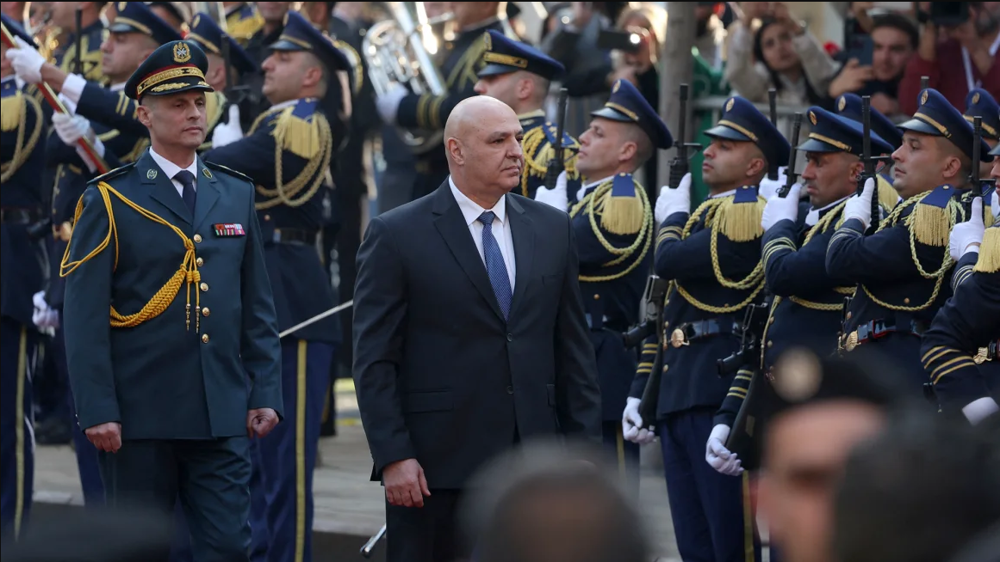
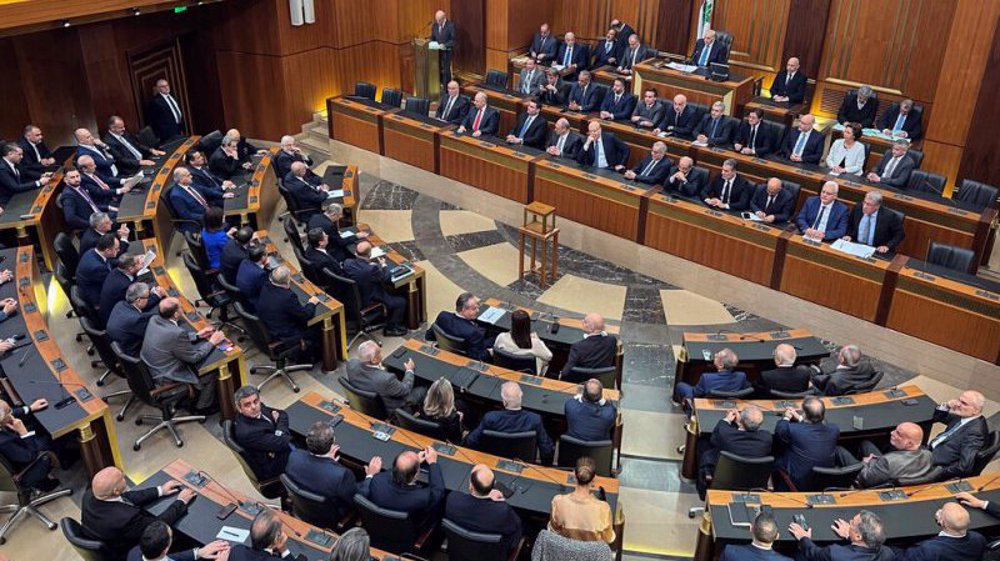
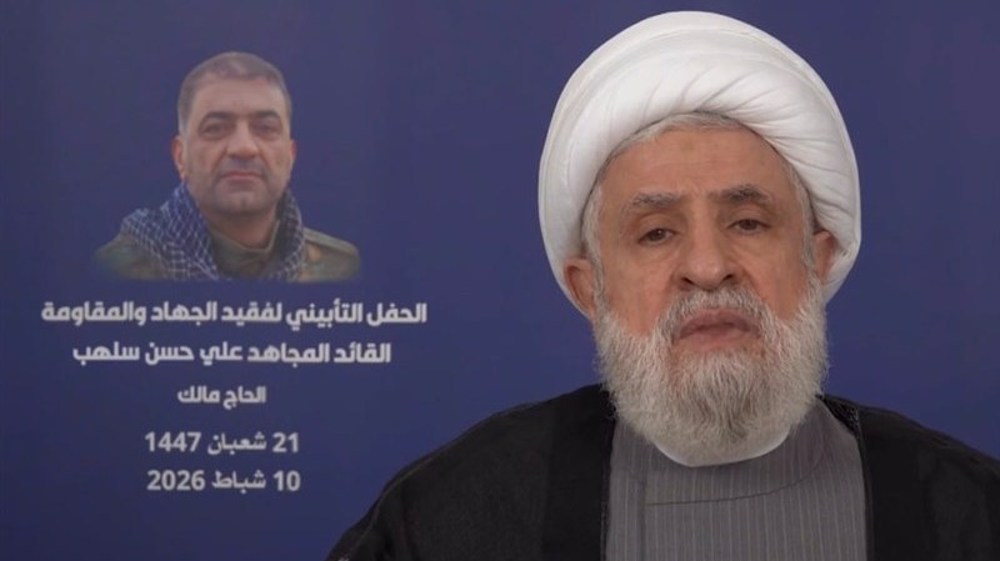
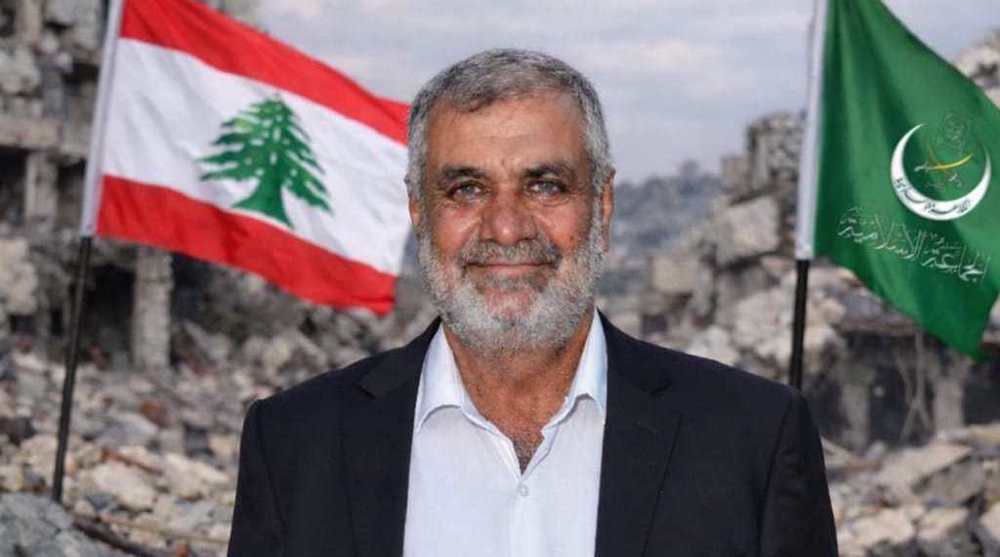
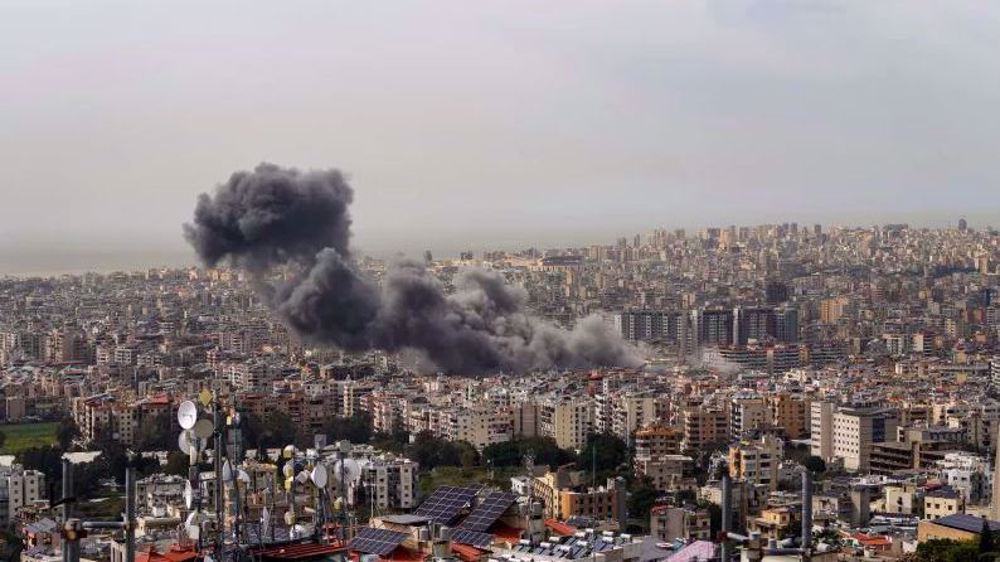




 This makes it easy to access the Press TV website
This makes it easy to access the Press TV website